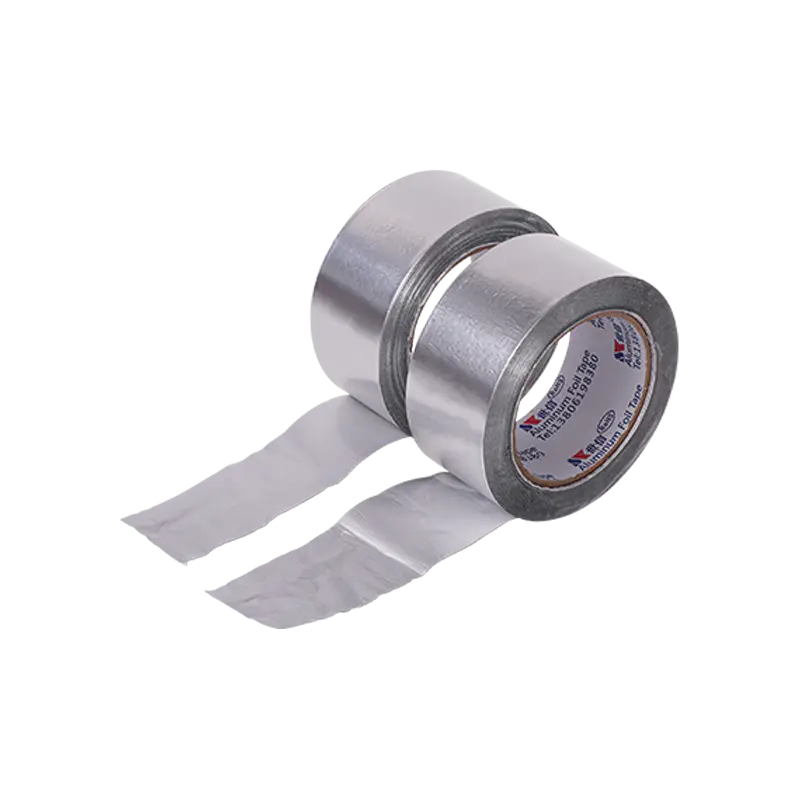
An aluminum foil tape factory is a specialized manufacturing facility that produces adhesive tapes made primarily from aluminum foil. These factories combine advanced machinery with precise material formulations to create durable, high-performance tapes used across various industries. The manufacturing process typically involves several key stages:
Modern aluminum foil tape factories utilize automated production lines to ensure consistency and efficiency. The aluminum foil, usually ranging from 0.03mm to 0.1mm in thickness, is carefully cleaned and treated before the adhesive coating is applied. Factories may produce different variants including:
Reputable factories implement rigorous quality control protocols throughout the manufacturing process. These typically include:
High temperature aluminum foil tape is specifically engineered to withstand extreme heat conditions while maintaining its adhesive properties and structural integrity. This makes it indispensable in numerous industrial settings where regular tapes would fail. The composition of these tapes typically includes:
When comparing standard aluminum foil tape to high temperature aluminum foil tape, several key differences become apparent:
| Property | Standard Aluminum Foil Tape | High Temperature Aluminum Foil Tape |
|---|---|---|
| Maximum Temperature Resistance | Up to 150°C (302°F) | Up to 260°C (500°F) or higher |
| Adhesive Type | Rubber-based or acrylic | Silicone or high-temp acrylic |
| Long-term Heat Exposure | May degrade over time | Maintains integrity |
| Common Applications | HVAC, general sealing | Industrial furnaces, exhaust systems |
The unique properties of high temperature aluminum foil tape make it valuable across multiple industries:
Selecting a trustworthy aluminum foil tape manufacturer requires careful evaluation of several factors that indicate product quality and business reliability. Key considerations include:
Reputable manufacturers typically hold various certifications that validate their production standards:
HVAC aluminum foil tape has become essential in modern construction and building maintenance, particularly for heating, ventilation, and air conditioning systems. This specialized tape offers numerous advantages over traditional alternatives:
To achieve optimal performance from HVAC aluminum foil tape, installers should follow these best practices:
Comprehending aluminum foil tape specifications is crucial for selecting the right product for specific applications. These specifications typically include multiple technical parameters:
The table below illustrates typical specification ranges for different aluminum foil tape types:
| Specification | General Purpose Tape | HVAC Tape | High Temperature Tape |
|---|---|---|---|
| Foil Thickness | 0.03-0.05mm | 0.05-0.08mm | 0.06-0.10mm |
| Adhesive Thickness | 0.02-0.03mm | 0.03-0.05mm | 0.03-0.06mm |
| Tensile Strength | 20-30 N/cm | 25-35 N/cm | 30-45 N/cm |
| Service Temperature | -20°C to 150°C | -30°C to 180°C | -60°C to 260°C |
Heavy duty aluminum foil tape is engineered to meet the requirements of the most challenging industrial and commercial applications. These tapes incorporate enhanced materials and construction techniques to provide:
Specific applications that typically require heavy duty aluminum foil tape include: